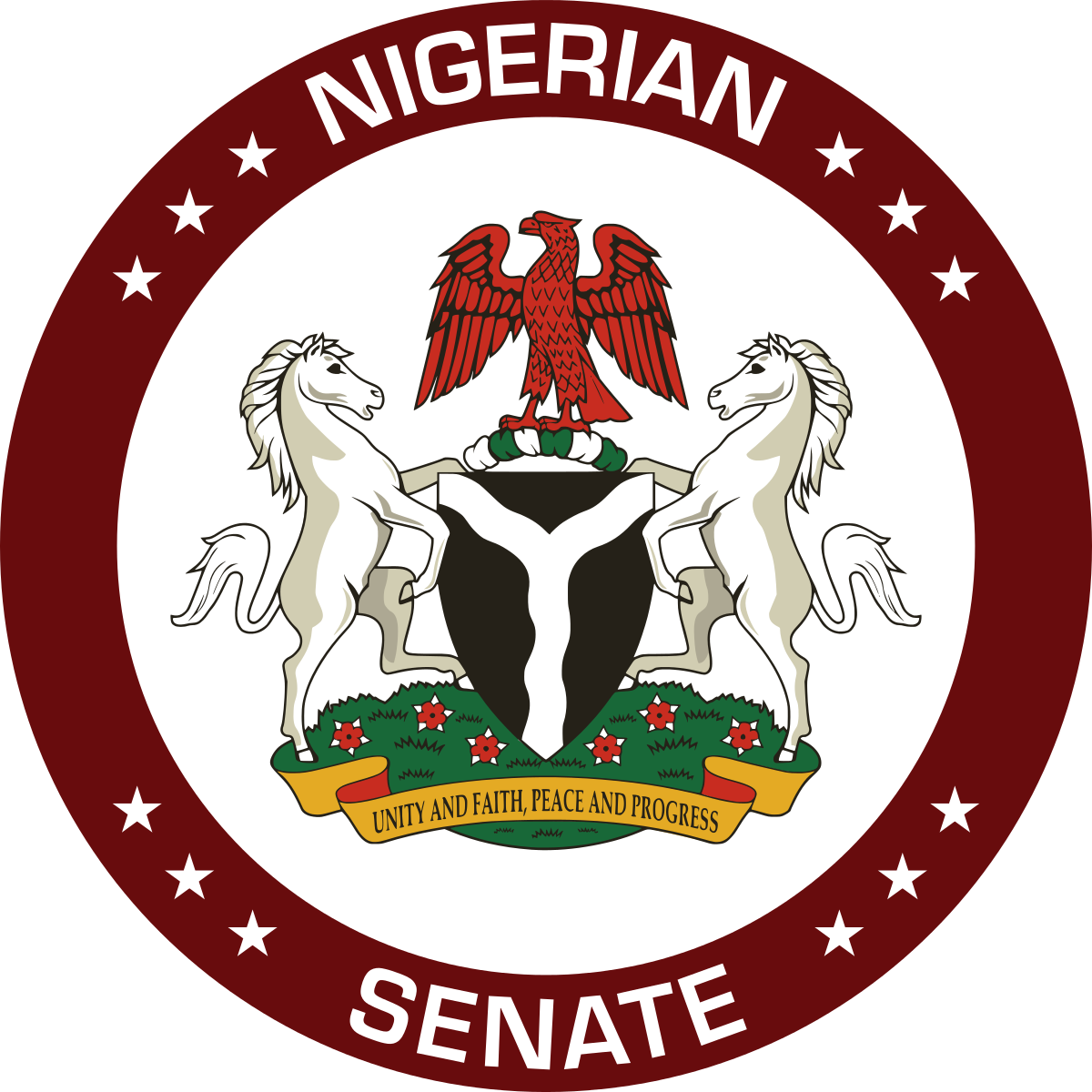By Citizenship Newspaper
The Senate on Tuesday constituted a 12-member ad-hoc committee to advise it on how to respond to growing international concerns over alleged state-backed persecution of Christians in Nigeria.
The decision was reached during a closed door session today (Tuesday), where lawmakers deliberated on recent claims by the United States Government suggesting possible acts of genocide targeting Christians in some parts of the country.
The Senate’s move follows increasing diplomatic scrutiny and the potential implications of such allegations on Nigeria’s international reputation and interfaith relations.
Members of the committee include: Victor Umeh (Anambra Central), Yemi Adaramodu (Ekiti South), Aniekan Bassey (Akwa Ibom), Niyi Adegbonmire (Ondo Central), Abdul Ningi (Bauchi Central), Titus Zam (Benue North West).
Others include Tony Nwoye (Anambra North), Tahir Munguno (Borno North and Asuquo Ekpenyong (Cross River South)
The committee has been tasked with developing a comprehensive position paper for presentation to both the Executive and the Senate.
The team is expected to come up with a document that would shape Nigeria’s legislative stance on the matter and guide its engagement in ongoing international discussions.
The President of the Senate, Godswill Akpabio, who made the declaration, noted that the position paper must be backed with verifiable facts and statistics.
Earlier, the upper chamber resolved to engage with the United States Congress to address and counter what it described as misleading narratives portraying the country’s security challenges as a Christian genocide.
The decision followed a motion raised by Senator Ali Ndume ( Borno South ) last week which sparked a broader debate among lawmakers on the international perception of Nigeria’s internal security issues.
In an ensuing debate, lawmakers expressed concern that such narratives, though often arising from genuine concern, are grossly misinforming international partners and damaging Nigeria’s global image and economy.
Akpabio mooted the idea that an ad-hoc committee be set up, to visit the United States and directly engage with American lawmakers to clarify the situation.
He noted the need for private discussions, suggesting a closed door session and a smaller delegation to undertake the engagement.
“There are misconceptions that need to be corrected. We are dealing with a complex terrorist threat and it’s important that our counterparts in the US understand that the violence affects both Christians and Muslims”.







